Tony Cozier, the voice and conscience of West Indies cricket, dies
Commentator brought a flavour of the Caribbean to the game as he chronicled the rise and fall of a cricketing dynasty
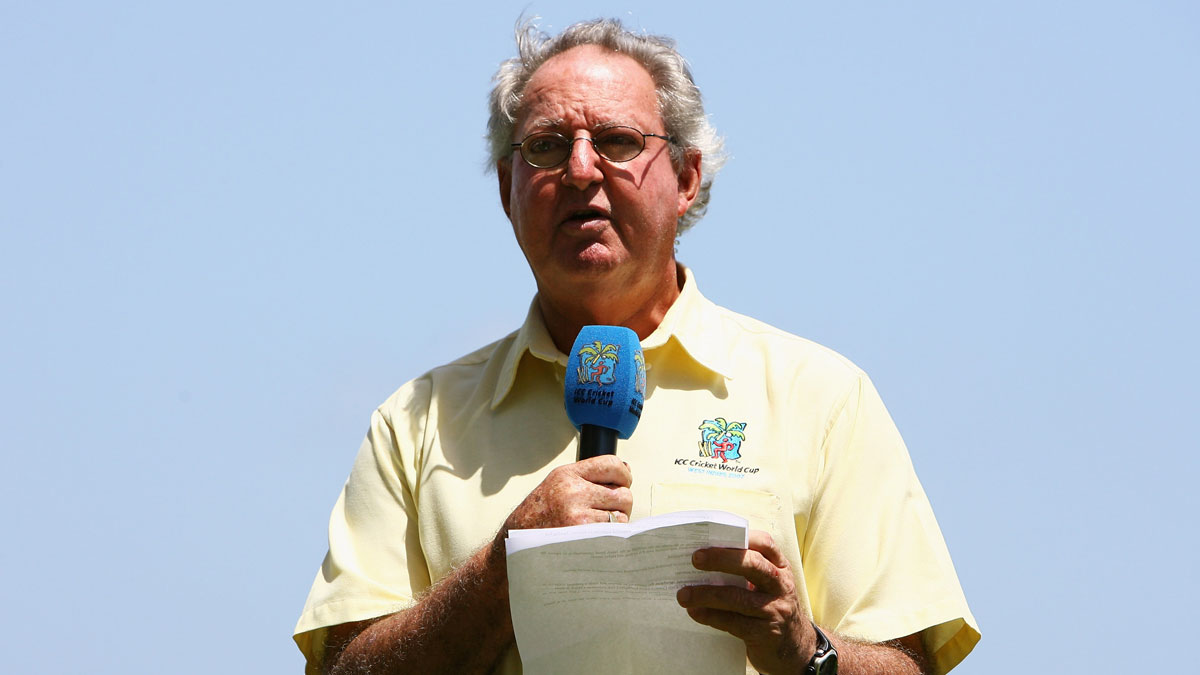
A free daily email with the biggest news stories of the day – and the best features from TheWeek.com
You are now subscribed
Your newsletter sign-up was successful
The cricket world has been mourning the death of commentator Tony Cozier, who has died at the age of 75.
The Barbados-born journalist had one of the most recognisable voices in the game and covered the West Indies for more than 50 years, seeing the team rise to the summit of the game before falling back alarmingly.
Cozier began his career in 1958, when he was in his teens, and first appeared on the BBC's Test Match Special in 1966. He made his final appearance on the show last year.
The Week
Escape your echo chamber. Get the facts behind the news, plus analysis from multiple perspectives.

Sign up for The Week's Free Newsletters
From our morning news briefing to a weekly Good News Newsletter, get the best of The Week delivered directly to your inbox.
From our morning news briefing to a weekly Good News Newsletter, get the best of The Week delivered directly to your inbox.
"He had a voice which instantly transported you from wherever you were in the world to the sun-drenched beaches of Barbados," TMS producer Adam Mountford told the BBC, while Jonathan Agnew described him as "one of the finest writers and broadcasters in the game".
The Barbadian commentator also brought a different perspective to the game, writes Vaneisa Baksh on Cricinfo. "When he took the microphone and the broadcast chair, he brought a West Indian voice to cricket," she says. "He could weave history, stats jokes and island titbits into ball-by-ball commentary seamlessly, so that for the first time, a Caribbean perspective made it to the airwaves."
Cozier and his "Bajan lilt" so embodied the West Indies that it came as a surprise to many to discover he was white, says Scyld Berry of the Daily Telegraph, adding that he was "descended from the Scottish labourers who emigrated to the island in the seventeenth century".
The commentator did more than simply observe the West Indian game, says Agnew: "Throughout his career, Cozier had to tread the tense tightrope of Caribbean politics, where even the slightest negative observation of a player's performance can provoke a furious nationalistic backlash.
A free daily email with the biggest news stories of the day – and the best features from TheWeek.com
"He withstood this stoically and determinedly, remaining a strong critic of the West Indies Cricket Board's lack of organisation and outlook."
Cozier became the "conscience" of West Indian cricket, agrees Berry of the Telegraph. "Right up to his death, he gave the West Indian board hell for squandering the money and legacy that it had inherited."
And he held them to account to the very last, writes Mike Selvey in The Guardian. "The decline of the game around the islands left him not just saddened but angry."
But his determination to defend the game did not interfere with his enjoyment of life. "His stories of West Indies cricket were legendary: as a summariser to his radio commentary... Best of all was when the rum or Banks beer flowed at his beautiful ramshackle beach house on the east coast of Barbados."
His "beach parties were legendary, unmissable events on any island visit", says Selvey.
-
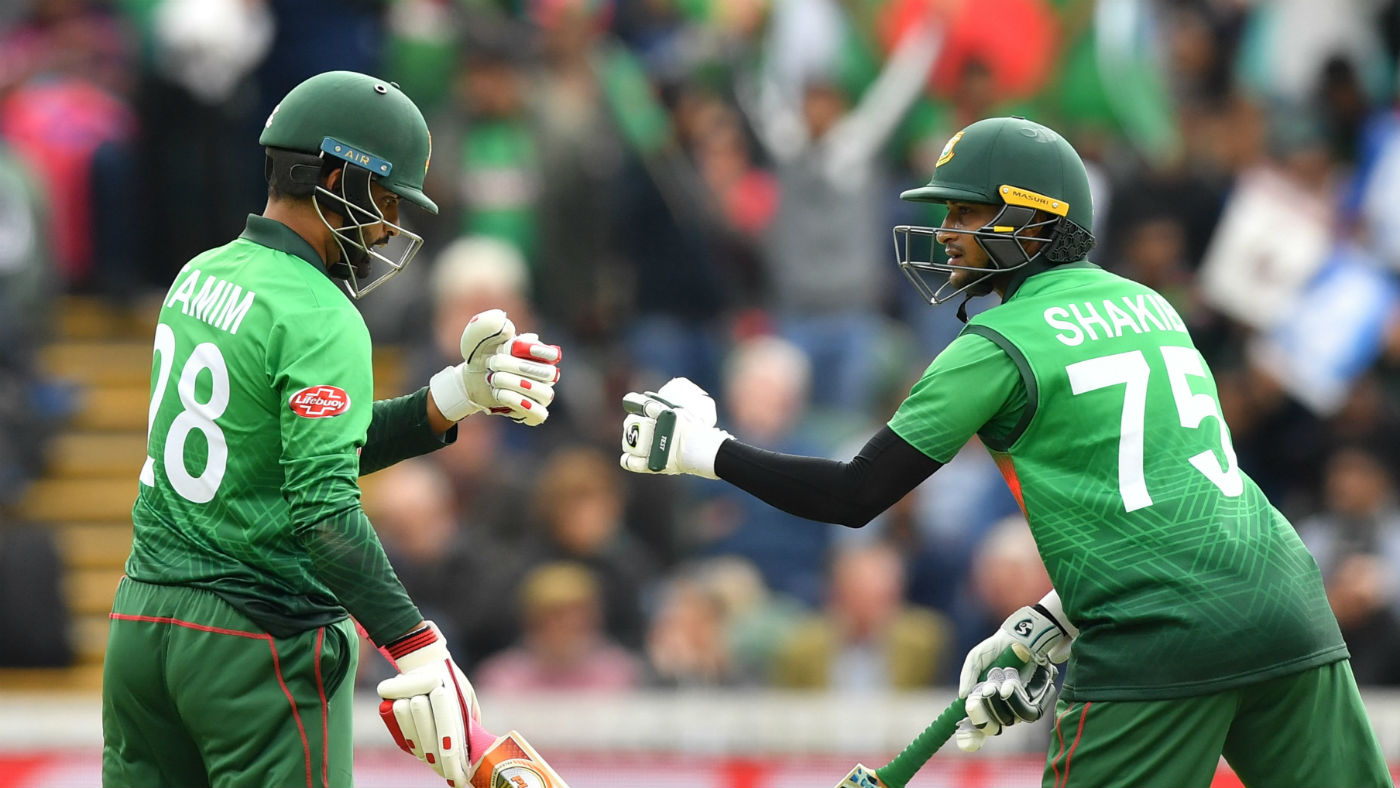 Cricket World Cup: Shakib al Hasan proves his class as Bangladesh lay down marker
Cricket World Cup: Shakib al Hasan proves his class as Bangladesh lay down markerSpeed Read West Indies legend Curtly Ambrose slams the team after a ‘total massacre’
-
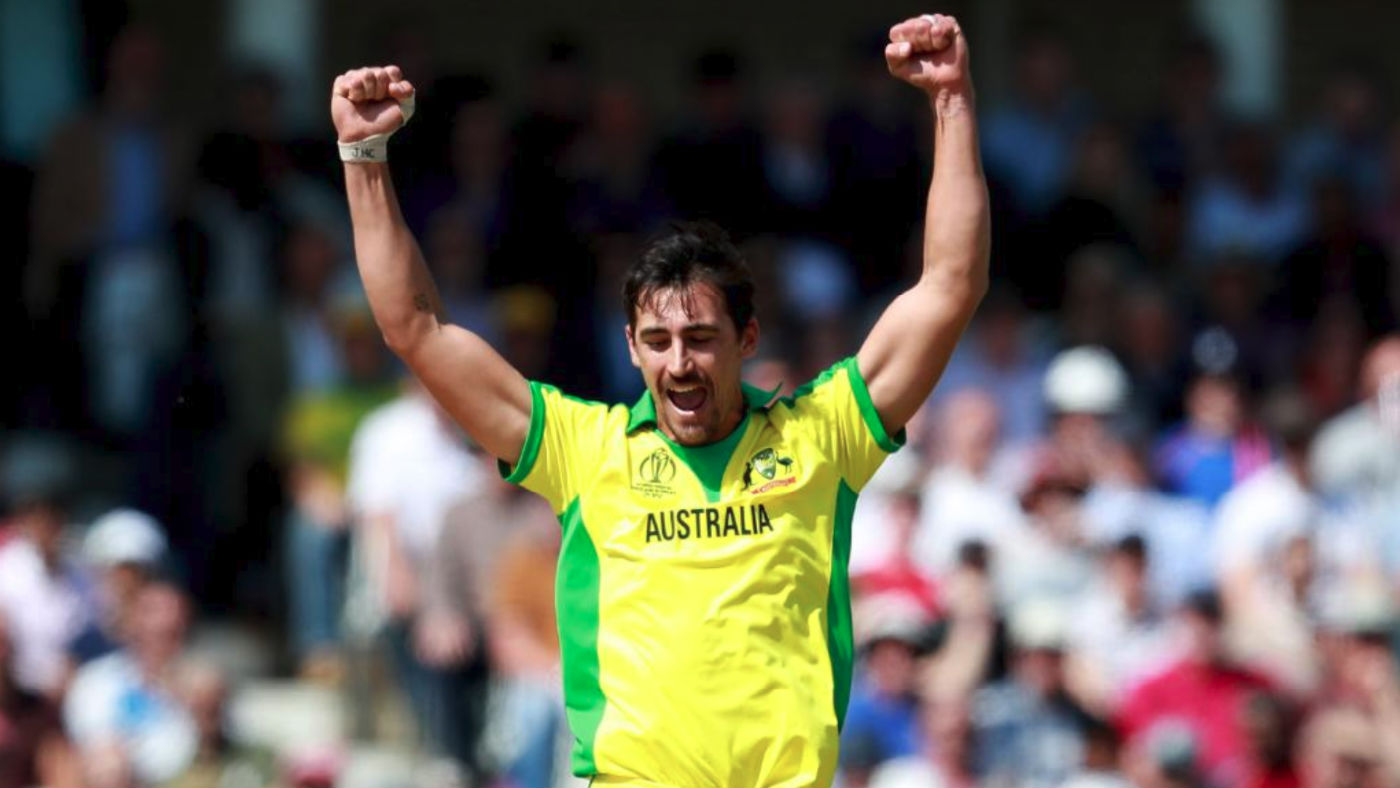 Cricket World Cup: Aussies win a thriller as umpires frustrate West Indies
Cricket World Cup: Aussies win a thriller as umpires frustrate West IndiesSpeed Read Bowler Mitchell Starc stars for Australia with 5-46 at Trent Bridge
-
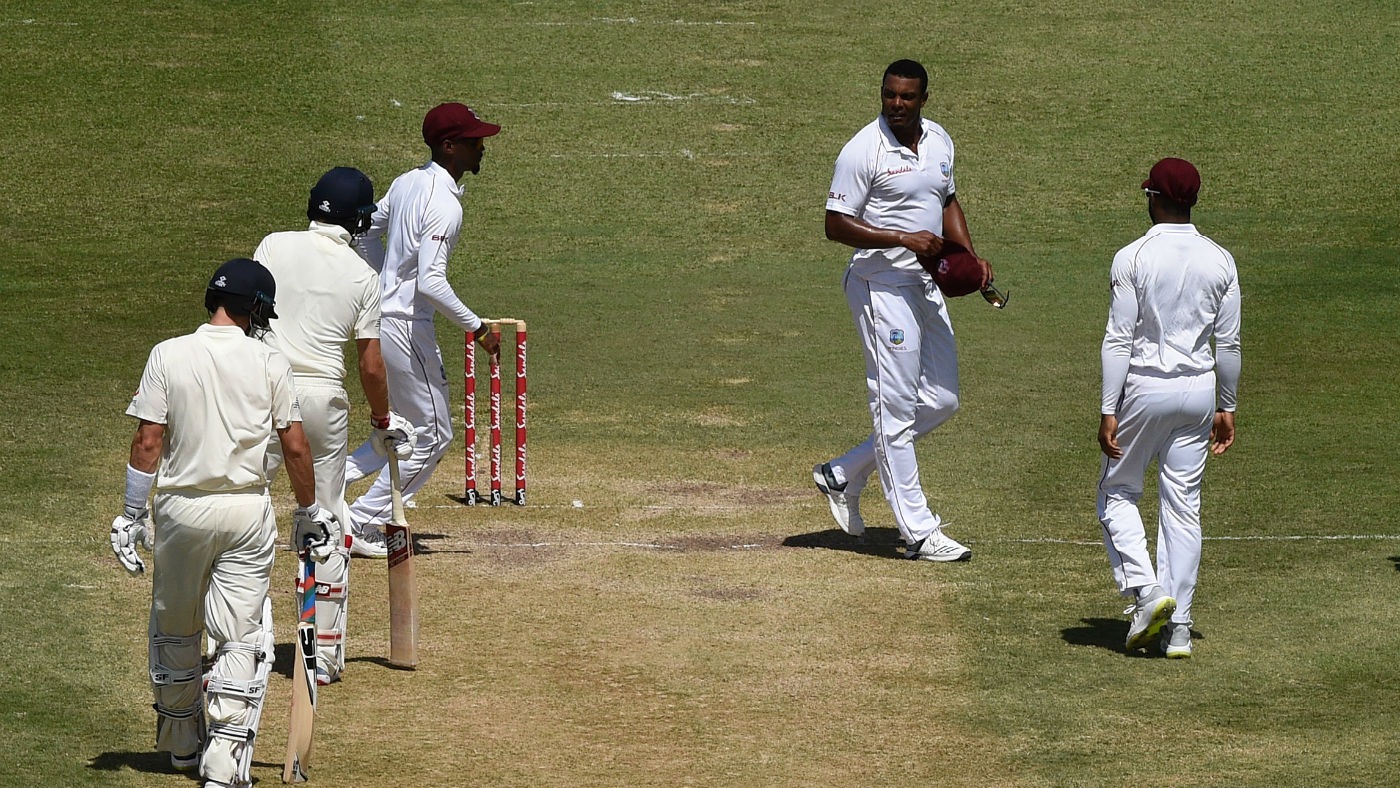 Shannon Gabriel gets four-match ODI ban after asking Joe Root if he ‘liked boys’
Shannon Gabriel gets four-match ODI ban after asking Joe Root if he ‘liked boys’Speed Read West Indies bowler apologises to the England skipper after comments made during the Test match in St Lucia
-
 Joe Root hits a century as England finally shine in the West Indies
Joe Root hits a century as England finally shine in the West IndiesSpeed Read Tourists build a commanding lead in the third and final Test match
-
 Out for 77: reactions to England’s batting collapse in the West Indies
Out for 77: reactions to England’s batting collapse in the West IndiesSpeed Read Kemar Roach takes 5-17 as Joe Root’s side wilt on day two of Barbados Test
-
 West Indies vs. England: James Anderson bugs Windies with late wickets
West Indies vs. England: James Anderson bugs Windies with late wicketsSpeed Read Pace bowler takes 4-33 but team-mate Stuart Broad suffers with bed bug bites
-
 West Indies vs. England 1st Test: Joe Root’s side aim to build on their winning momentum
West Indies vs. England 1st Test: Joe Root’s side aim to build on their winning momentumSpeed Read England skipper will name his team shortly before play starts in Barbados
-
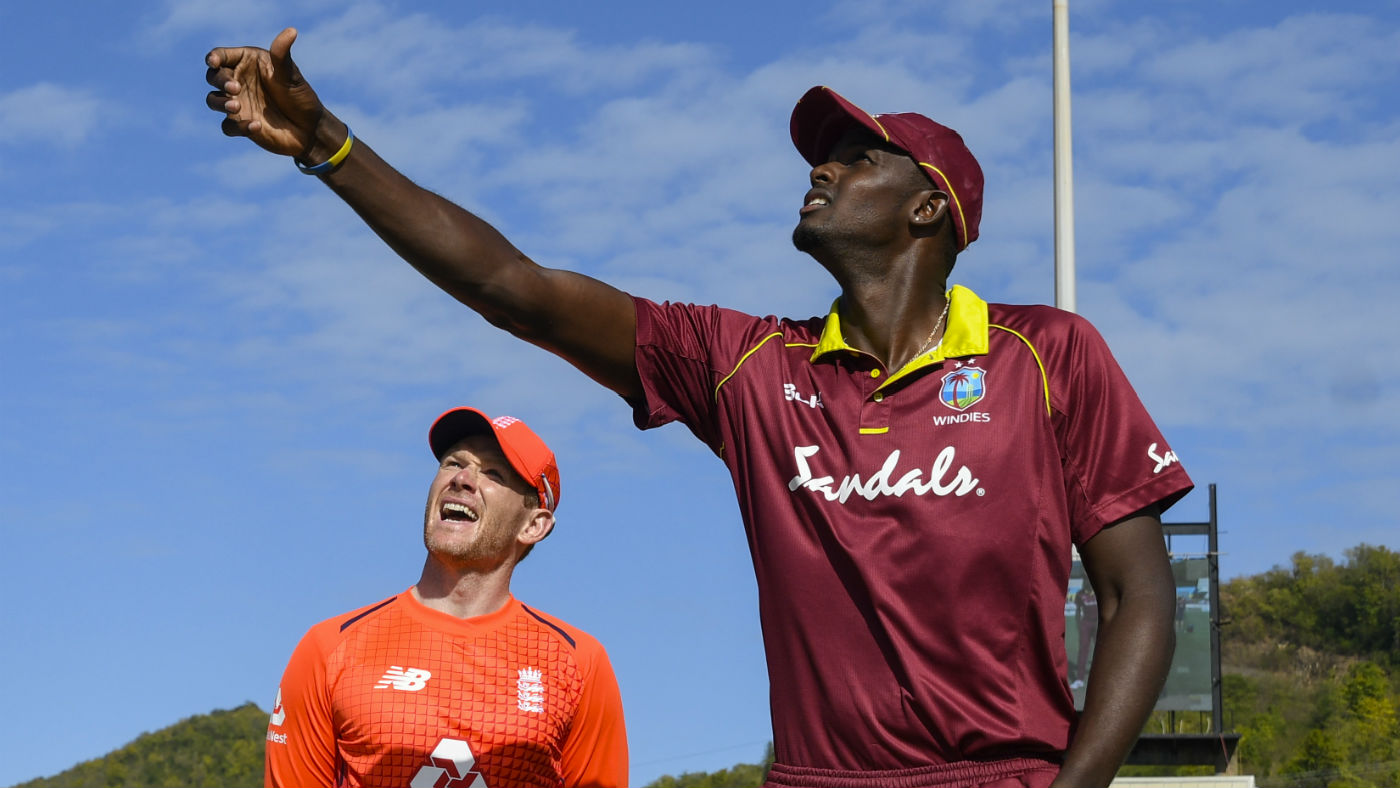 West Indies vs. England cricket series: T20 squads, fixtures and results
West Indies vs. England cricket series: T20 squads, fixtures and resultsThe Week Recommends After the Test and ODI games the teams play three Twenty20 matches


